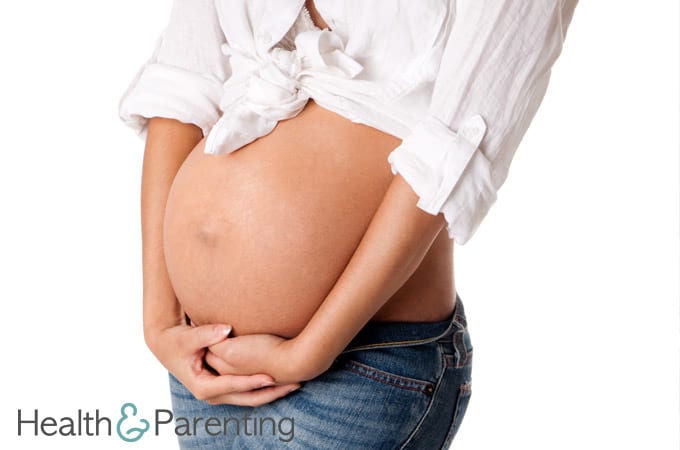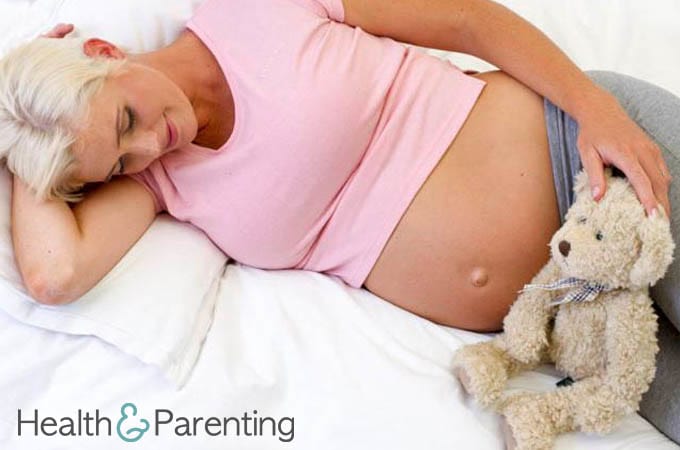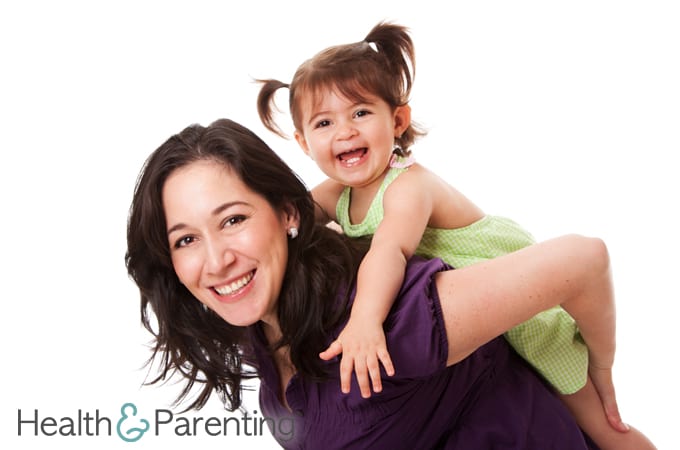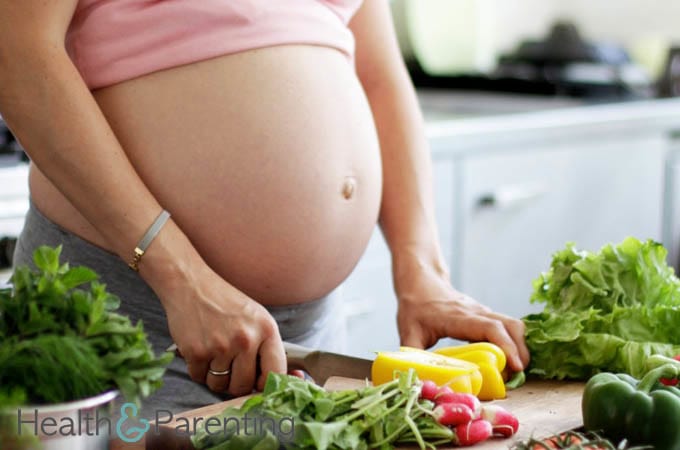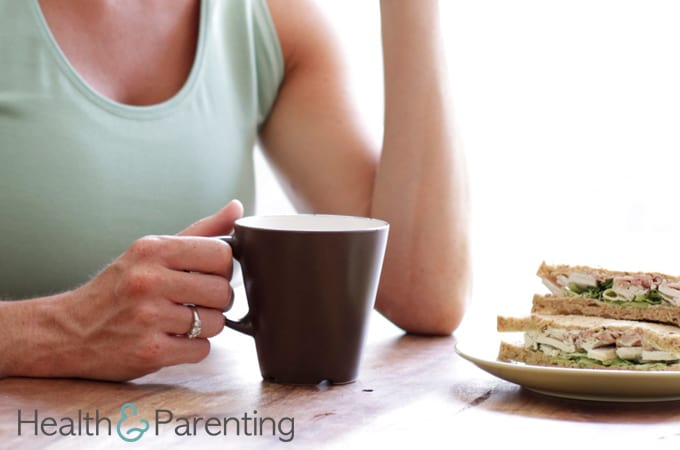Pregnancy can be a daunting time, and it is common for pregnant women to experience anxieties, worries and concerns about impending motherhood. If you are facing pregnancy alone, whether planned or unplanned, you may find yourself worrying about how you will cope as a single parent. Rest assured that most pregnant women in relationships are just as terrified as you. As a single woman you have extra things to consider though, including:
Support
Looking after a baby can be exhausting, so you’ll need a support network around you to help out. You may choose to ask your best friend, or a family member, to join you at antenatal appointments and scans. Identify the friends and family who you feel will best support you, and ask them if they will help out a little bit when the baby is here.
Birth partner
Childbirth can be hard work, amazing and scary all at the same time. Do you have a close friend or family member you’d like to be your birth partner? Having support during labour is invaluable. While it may seem a big task, many people would be honoured to be asked. If you can’t think of anyone you want to ask, you could hire a doula. Though sometimes pricey, doulas are professionally trained birth partners who support labouring women.
Groups
Once the baby arrives, you should find some local baby groups to attend. Baby massage, baby sign and play groups are all great places to meet and interact with other mums. It’s always helpful to have friends who understand what you’re going through, so try to seek out some other single parents to buddy up with. Some areas have groups for single mothers to meet and socialise, but if there isn’t one near you, you could join an online forum to speak to people in a similar situation.
Finances
You may be entitled to some financial assistance as a single mother, find out if this is the case. Lots of people miss out on benefits they are entitled to simply because they don’t ask. You may be entitled to educational grants, training grants or money towards childcare costs to help your transition back to work after the baby is born.
Look after yourself
It’s important to look after yourself, so you give your baby the best care possible. Life can be pretty exhausting as a single mum, so don’t be shy about asking for help. Ask your best friend to entertain the baby for a couple of hours, so you can have a relaxing bath and enjoy some time focusing on yourself for a change. Ask your mum to help out with the laundry, or your sister to pick up some groceries on her way round.
The dad
If the father wants to be involved, together you can work out how he can help out, both financially and practically. If he doesn’t want to be involved, then see it as his loss. Try to focus on the positives – you’ll get to make all the decisions, and enjoy all the cuddles from your little one. Make sure you receive any financial support you are entitled to, unless you have decided you don’t want it.
Are you single and pregnant, do you have any tips to help other women in your situation?
Written by Fiona (@Fiona_Peacock), mother, writer and lover of all things baby related.
This information is not intended to replace the advice of a trained medical doctor. Health & Parenting Ltd disclaims any liability for the decisions you make based on this information, which is provided to you on a general information basis only and not as a substitute for personalized medical advice. All contents copyright © Health & Parenting Ltd 2017. All rights reserved.

